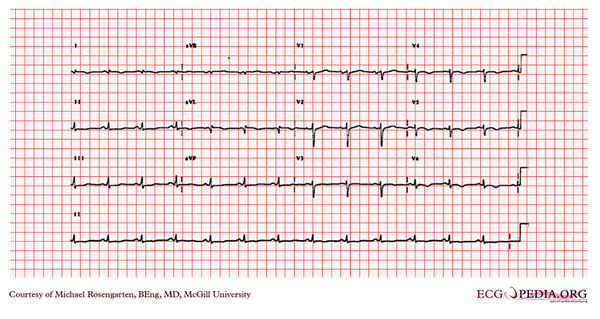McGill Case 268: Difference between revisions
Jump to navigation
Jump to search
Created page with "{{McGillcase| |previouspage= McGill Case 267 |previousname= McGill Case 267 |nextpage= McGill Case 270 |nextname= McGill Case 270 }} [[File:E268.jpg|thumb|600px|left|The card..." |
No edit summary |
||
| Line 2: | Line 2: | ||
|previouspage= McGill Case 267 | |previouspage= McGill Case 267 | ||
|previousname= McGill Case 267 | |previousname= McGill Case 267 | ||
|nextpage= McGill Case | |nextpage= McGill Case 269 | ||
|nextname= McGill Case | |nextname= McGill Case 269 | ||
}} | }} | ||
Latest revision as of 21:11, 19 February 2012

|
